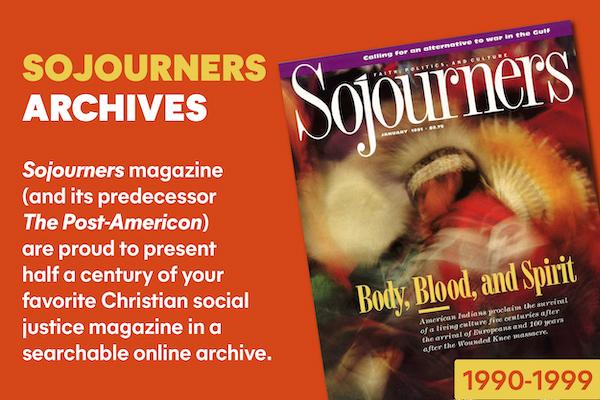It has been said that the mere act of eating makes us one with all people, all creatures, and one with the God-Christ of bread and wine. We pray our thankfulness and celebration at meals, but do we cook and eat with those in mind also?
Why is it that travelers to other countries often say their most memorable meals were those shared with people who had very little? Why has someone such as Methodist pastor Jeff Smith, the Frugal Gourmet--whose second career was launched after seeing the magic that happened around his dining room table as his seminary students gathered to cook, eat, and talk together--struck a chord in the United States with his philosophy of simple but delicious ingredients? Where has our mealtime celebration gone, and why are some of the leading American diseases related to our eating habits?
We have lost a sense of the sacredness of food. Our taste buds are calloused from box mixes and take-out food. Our natural joy of eating has been squelched by busy schedules, weight-loss diets, lack of imagination in the kitchen, or the genuine deprivation of economic poverty.
This column, a 1992 experiment from Sojourners, will be an attempt not to add more mystery to the art of cooking, but rather to be a place where we discuss thoughts, tips, recipes, new regulations, and controversies surrounding food issues. This column will will do its best to inspire you to feast heartily on wholesome foods; to cook things from scratch; to pay attention to smells and textures; to consider such things as composting, buying fewer packaged products, and fasting; to invite friends, family, and strangers to your table more often; to take more time shopping, chopping, mixing, and--of course--eating.
As this column's starting point, I would like to suggest you try the following within the next few weeks:
Read the Full Article

